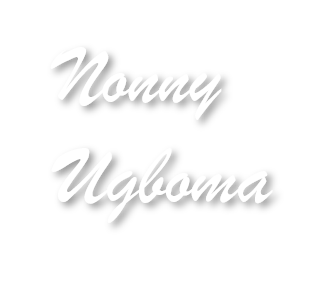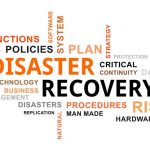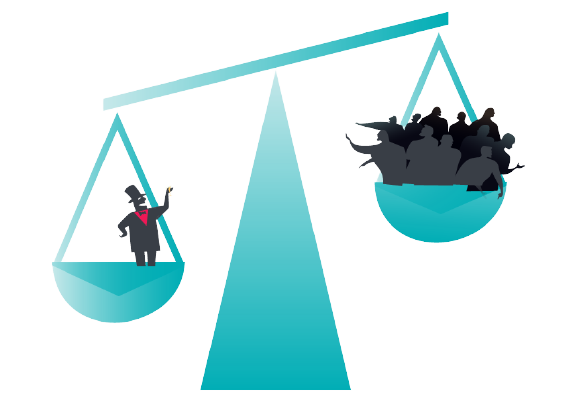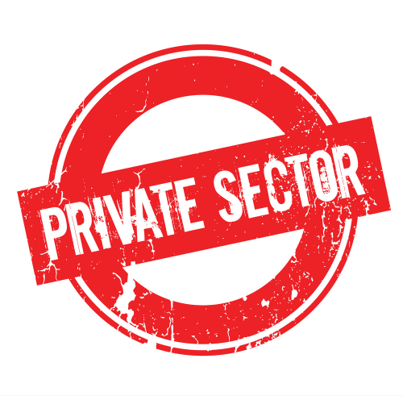Why the privileged should care about Inequality in Society
As I have posited in previous articles, inequality in society is a critical issue that needs to be urgently addressed, particularly by those with privileged upbringing and status.
It is an imperative because the inequality gap has reached a point where the “haves” cannot afford to sleep because the “have nots” are too hungry and unable to sleep! Essentially, the top 10% are outnumbered and cannot avoid the potential dire consequences of co-existing with the growing population of those who lack opportunities and resources.
Those at the bottom of the pyramid have nothing to lose, are angry and will engage in destructive activities if they are not educated, empowered, and enabled to provide for themselves as we saw from the aftermath of the EndSARS protests and looting of ‘palliatives’. As a saying goes, if the growing inequality gap is not addressed, one day, the poor would have nothing to eat but the rich.
Each country needs to develop fit-for-purpose approaches to address this burgeoning issue. Rather than developing countries jumping on board the ESG and circular economy wagon advocated by Western countries after becoming economically advanced themselves, I would argue that developing countries have the opportunity to design their own economies differently by taking their context and culture into consideration because their background and history naturally tilt towards circularity and inclusive and communal living.
The linear model of take, make, use and discard, which was the path followed by the advanced economies, is a mismatch for developing countries.
Globalization has not been wholesomely beneficial to Africa because it followed the linear destructive model.
Fortunately, there is an even stronger realization that we need to rethink our “operating system” – political, institutional, social and economic. The right people are coming to the party to engage and ask for the necessary structure- because we all see it is in all our interest.
Change is possible in Nigeria and other developing countries particularly in sub-Saharan Africa. But it will not happen overnight and would require deliberate and focussed actions to address the inequality gaps. The Mission-Oriented Innovation Approach (MOIA) is a veritable approach that can help address some of the identified gaps to ensure state and business work jointly to solve grand challenges, to co-create public value and co-shape a robust and sustainable society.
It is an imperative because the inequality gap has reached a point where the “haves” cannot afford to sleep because the “have nots” are too hungry and unable to sleep! Essentially, the top 10% are outnumbered and cannot avoid the potential dire consequences of co-existing with the growing population of those who lack opportunities and resources.
Those at the bottom of the pyramid have nothing to lose, are angry and will engage in destructive activities if they are not educated, empowered, and enabled to provide for themselves as we saw from the aftermath of the EndSARS protests and looting of ‘palliatives’. As a saying goes, if the growing inequality gap is not addressed, one day, the poor would have nothing to eat but the rich.
Each country needs to develop fit-for-purpose approaches to address this burgeoning issue. Rather than developing countries jumping on board the ESG and circular economy wagon advocated by Western countries after becoming economically advanced themselves, I would argue that developing countries have the opportunity to design their own economies differently by taking their context and culture into consideration because their background and history naturally tilt towards circularity and inclusive and communal living.
The linear model of take, make, use and discard, which was the path followed by the advanced economies, is a mismatch for developing countries.
Globalization has not been wholesomely beneficial to Africa because it followed the linear destructive model.
Fortunately, there is an even stronger realization that we need to rethink our “operating system” – political, institutional, social and economic. The right people are coming to the party to engage and ask for the necessary structure- because we all see it is in all our interest.
Change is possible in Nigeria and other developing countries particularly in sub-Saharan Africa. But it will not happen overnight and would require deliberate and focussed actions to address the inequality gaps. The Mission-Oriented Innovation Approach (MOIA) is a veritable approach that can help address some of the identified gaps to ensure state and business work jointly to solve grand challenges, to co-create public value and co-shape a robust and sustainable society.
Author





